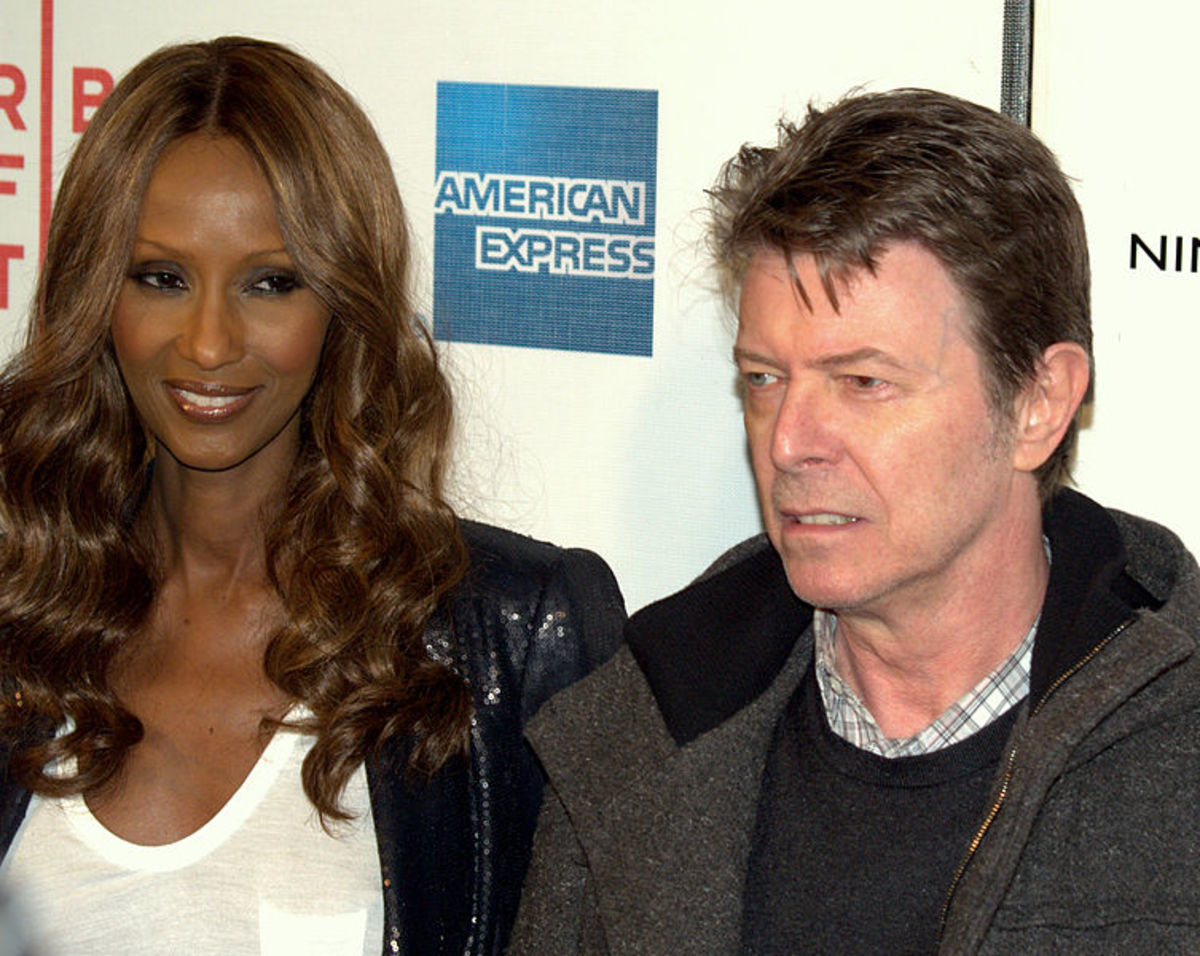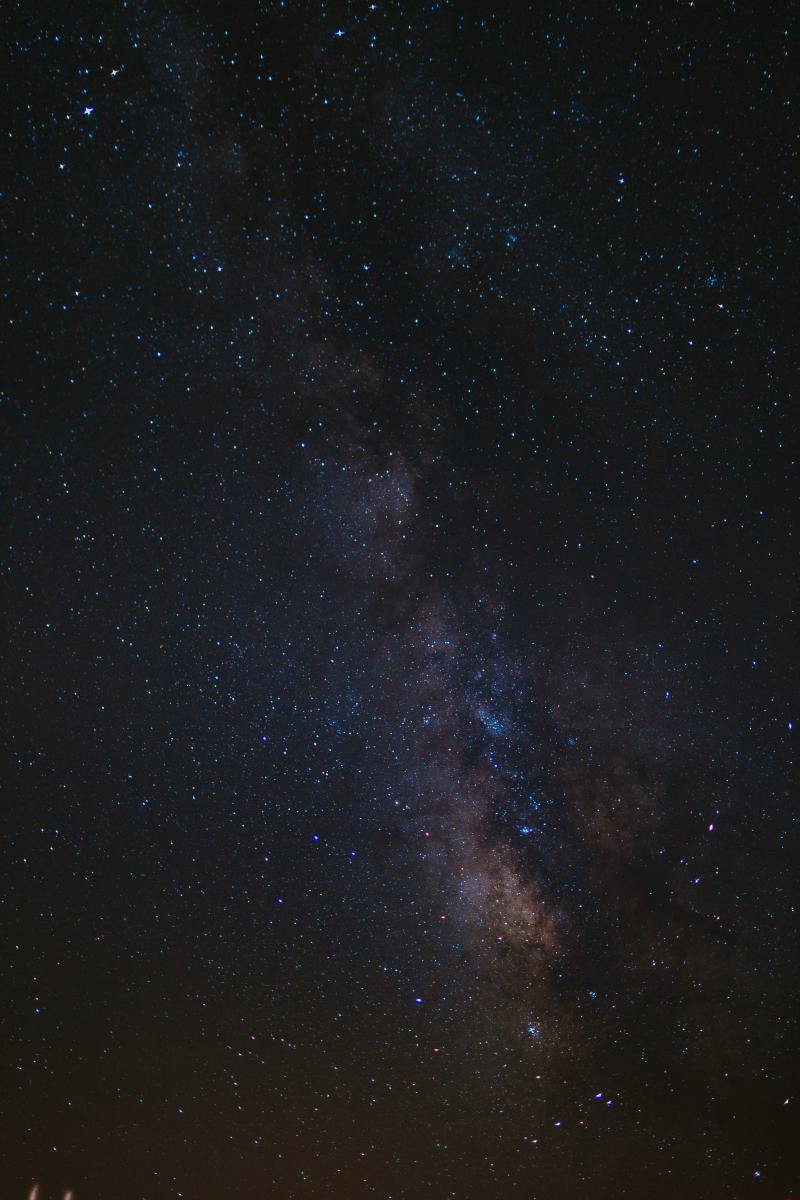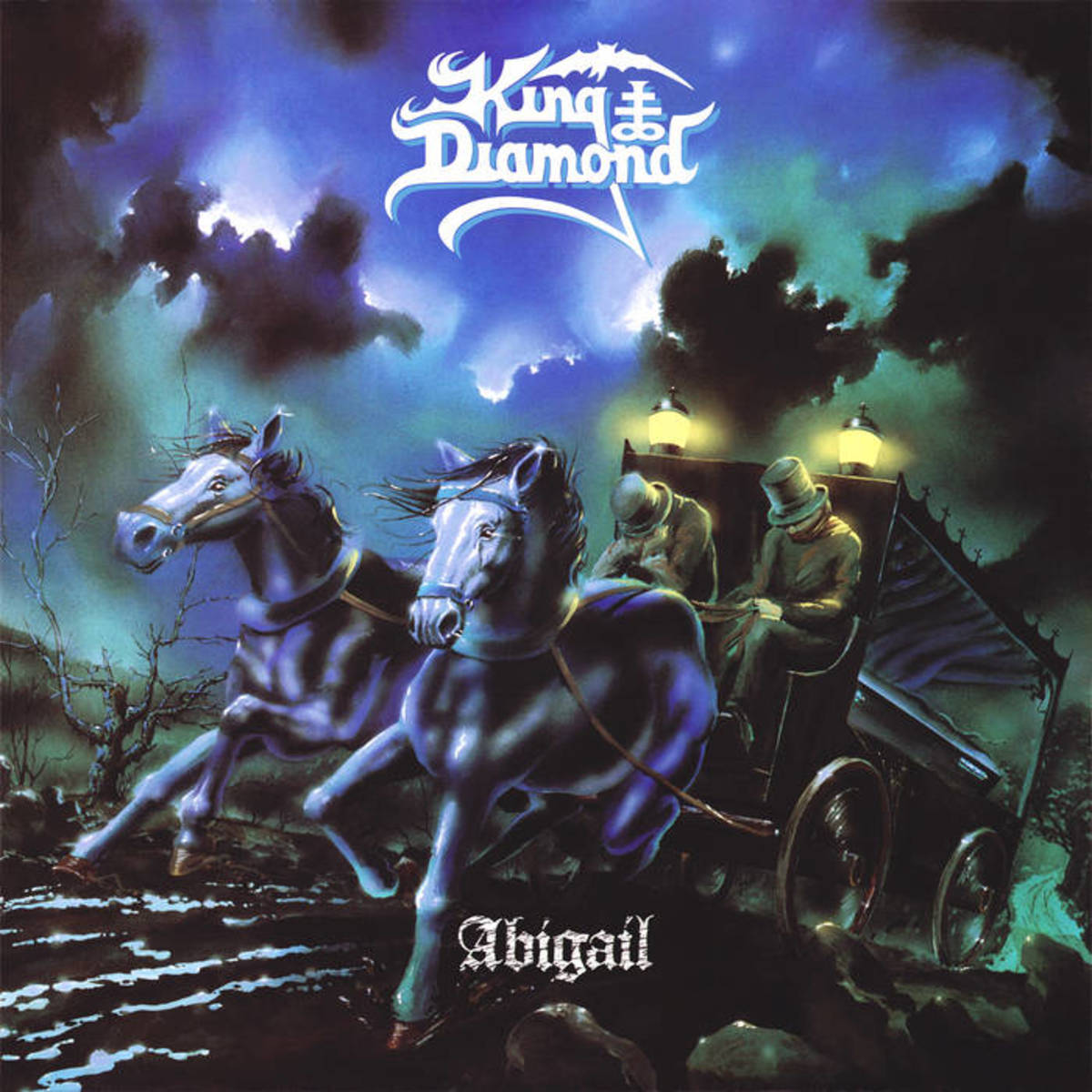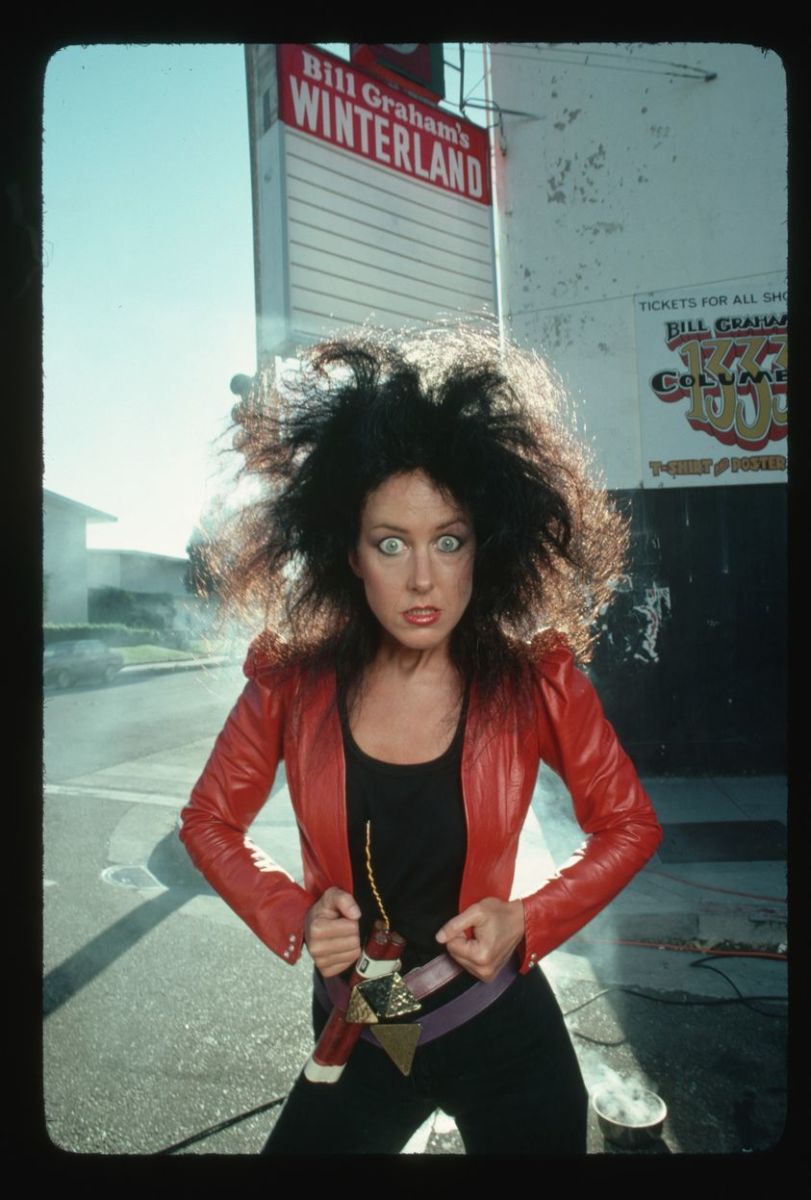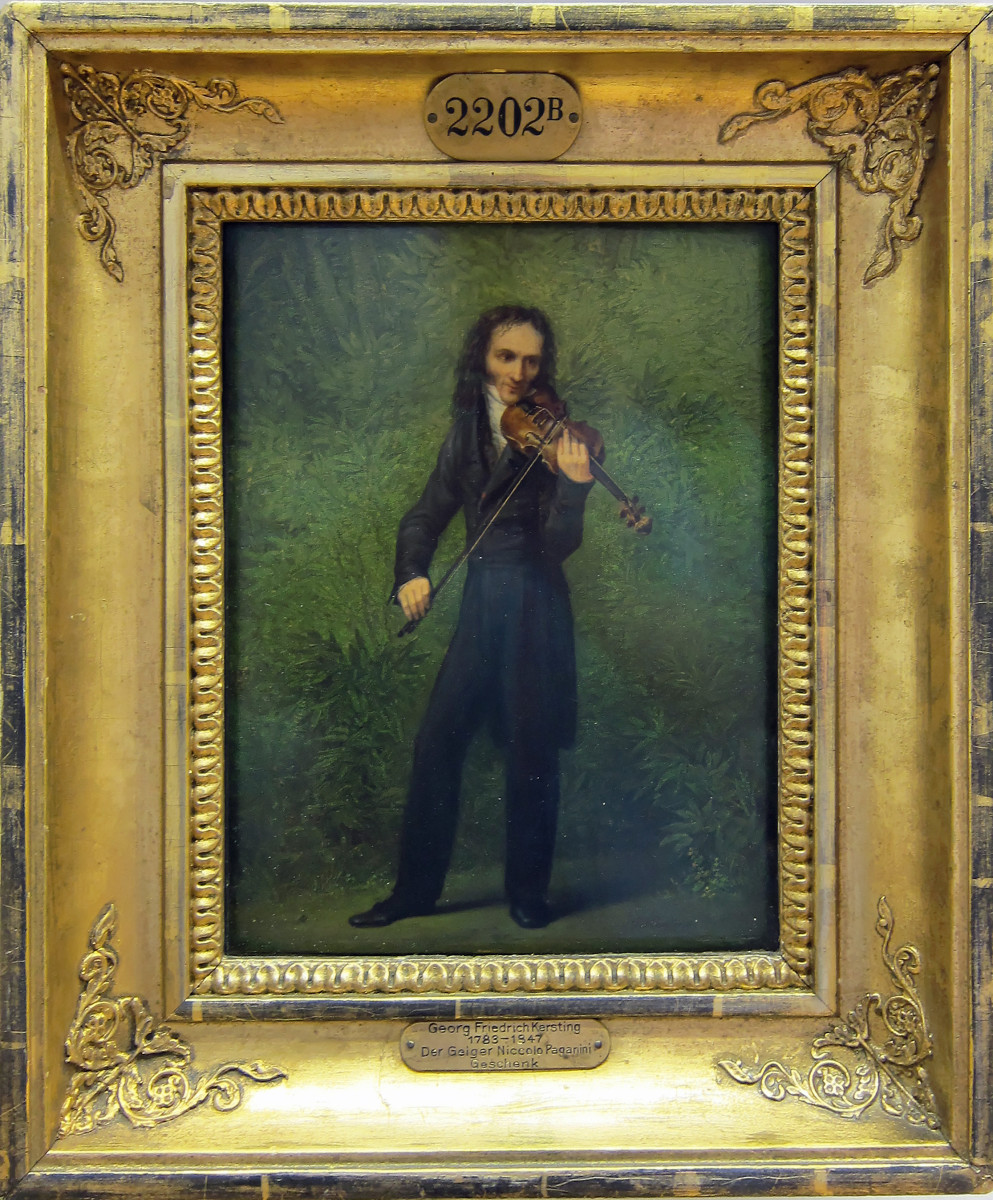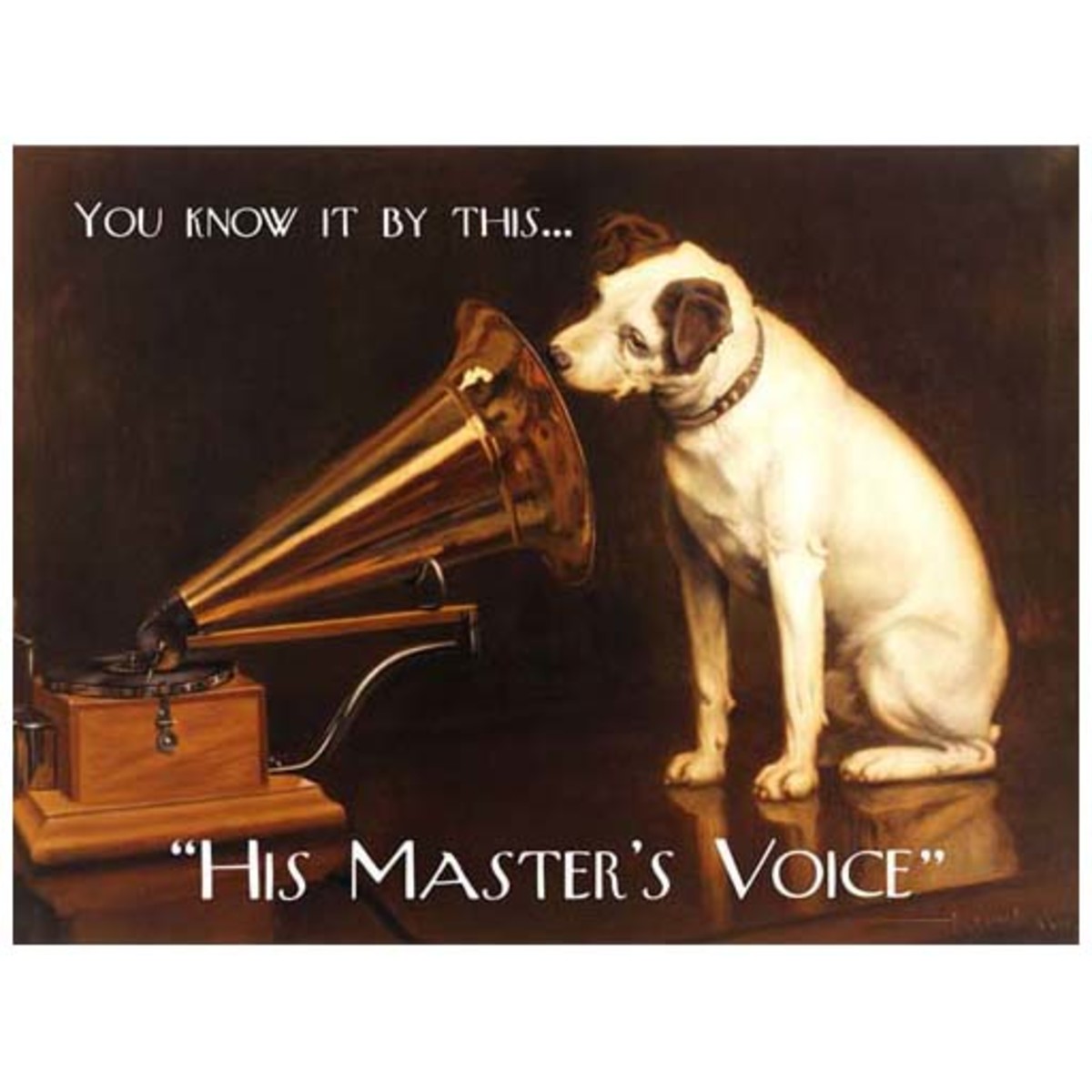Concept Album Corner - 'Diamond Dogs' by David Bowie
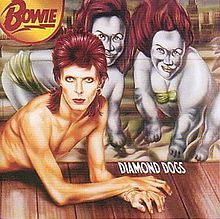
So far throughout Bowie month, one might’ve made the assumption so far that I’m not terribly fond of Ziggy Stardust. While I don’t despise the character or the album, I’m certainly not the biggest fan. I give Bowie credit for the idea of the character of Ziggy, which I think is still rather ingenious – an otherworldly messianic character who succumbs to human vice portraying the ultimate rock star. Though I think my major issue with Ziggy Stardust is that, while it did set a standard for Bowie’s musical style from that point onward, he hadn’t really perfected. Musically, I fell it might be one of the weaker albums of Bowie’s early stuff (which is to say nothing of 90’s Bowie, but trust me, we’ll get to that soon). I bring this up because the idea that I’m really not fond of Ziggy is probably further proven in this review. The reason being is that this album came out right at the end of Bowie’s touring as Ziggy Stardust with the Spiders From Mars and, coincidentally enough, is my current favorite David Bowie album.
Diamond Dogs was certainly a big change of pace for Bowie, musically as well as thematically. He was – and still is, one can assume – an avid reader, fond of classical literature of all kinds, even putting up hundreds of recommended books on his website back in the day. The initial idea behind Diamond Dogs came from Bowie’s love of literature. His original mission was to create a theatrical adaptation of the dystopian classic that is George Orwell’s 1984. Sadly the idea fell through when Orwell’s estate denied Bowie the rights to the piece, which is a bit of a shame considering the live tours for the show and the hopes that they build up of what could’ve been had Bowie acquired the rights to Orwell’s novel. Though videos are hard to find and since I obviously wasn’t around at the time the tour went on, tales are told of it being one of Bowie’s biggest tours, complete with not only lavish costuming, but lavish set designs and even choreographed dance numbers, something along the likes of an Alice Cooper concert or a tour of Pink Floyd’s The Wall. Still, despite being denied the use of the actual 1984 setting and characters, Bowie was able to expand his own worlds further and further, marrying the ideas and story of Orwell’s novel with Bowie’s own weird post-apocalyptic imagery.
1.) Future Legend – The opening number I find particularly fascinating as it isn’t even really a musical piece. Certainly there is music in it, but it is pushed more to the background here, used as a tool to set mood to the words being spoken by Bowie through some electronic, fuzzy vocal modifier. The style of the song as well as the lyrics is unbelievably reminiscent of a William S. Burroughs spoken word piece, which makes sense as, again, Burroughs has been a huge influence on Bowie throughout his career. The piece describes the beginnings of the post-apocalyptic Hunger City, a stylized Manhattan version of London from 1984. The words are at once eerie, dreamy, inspiring, and hazy: Fleas the size of rats sucked on rats the size of cats and ten thousand peoploids split into small tribes, coveting the highest of the sterile skyscrapers, like packs of dogs assaulting the glass fronts of Love-Me Avenue. Part of what I love about Diamond Dogs as a concept album, which is probably helped by the fact that it is already based on a pre-existing work, is the coherency and brilliance of the symbolism that guides the concept here. Previous Bowie albums have been very hard to decipher as far as concepts go; for somebody as intelligent and yet also as strange as Bowie, one has to think that the strangeness is intentional in some way, which is probably easier to figure out here. While the words are beautifully put together to form such an odd setting, the words and music build the world easily for the viewer. The song ends with the revolutionary call: This ain’t Rock ‘N’ Roll! This is genocide! Already, the ties between Bowie’s world and the world of 1984 are beautifully mixed together, the titular Diamond Dogs being the ruling figures of Hunger City as The Party was the ruling figure of Oceania, the denizens sucking on what the Dogs call ‘Rock ‘n’ Roll’, ignorant of the horrors that surround them…
2.) Diamond Dogs – The next song goes back to the typical party rock of Bowie’s style, similar to ‘Watch That Man’ from Aladdin Sane. Saxophone and dirty guitars howl and woof as an audience cheers us into the song as Bowie introduces us to his new stage character, Halloween Jack, who, rather than being the king of Halloweentown, is a leading figure of the Diamond Dogs, a composite character of 1984’s antagonist, Big Brother. The style of Halloween Jack can be described as something along the lines of a Raggedy Anne doll crossed with a pirate, Bowie still keeping the shaven eyebrow and red hair look of his Stardust days while throwing in an eye patch and striped blue shirt and red suspenders with an ascot of sorts. While the music evokes the atmosphere of a live concert or a party, the lyrics switch from that atmosphere slowly and subtle into one of dread and suspense, the ever-present force of the Diamond Dogs looming over the partying world of Hunger City. Young girl, they call them the Diamond Dogs. A theme that pops up on occasion throughout Diamond Dogs, the opening of this song in particular, is the notion of androgyny: with your silicone humps and your ten inch stump. Probably just an oddity of Bowie’s songwriting when you first think about it, but it becomes a major aspect of the first half of the album, which revolves around the theme of rebellion. Around the time, Bowie was very open about being bisexual (though as he says he regrets talking about it now, whether he actually was/is or not is up for debate). In a sense, the hermaphroditic and androgynous imagery alludes to Bowie’s own bisexuality which, in turn, alludes to the prominent notion of rebellion, going against normal taboos on sex and promiscuity. The ominous tone of the title track is only amplified by the danger hidden in the back as the world goes about partying on as if nothing’s wrong…
3.) Sweet Thing – The next three songs are a rather odd bunch, a weird conglomeration of musical tunes that tie together by the melody of the chorus. ‘Sweet Thing’ being the first of the three songs starts off in a rather unnerving manner, as if the sound is playing in reverse to a discordant rhythm. Soon it washes into the actual song, wistful and surprisingly low, musically and vocally. The overall ‘purpose’ of these three songs seems to be further setting for the world of Hunger City and the rationale behind the rebellion towards it. The lyrics convey a brokenness from the narrator, having sex with a prostitute in a doorway. Or perhaps the narrator is the actual prostitute.. The song expresses the simplest of desires marketed off soullessly for surface qualities. Boys, boys, it’s a sweet thing/ If you want it, boys, get it here, thing/’Cause hope, boys, is a cheap thing, cheap thing. The chorus becomes somber and slow to a drudging pace, saxophone warbling into the next song…
4.) Candidate – From the perspective of the world-weary narrator of ‘Sweet Thing’, we cut to the view of the titular ‘candidate’, a politician, possibly a Diamond Dog, partaking in a wild night with the ‘Sweet Thing’ from before. As the song progresses, though, the night, the events, the world that the candidate perceives grows uglier and more intense along with the music. Well I guess we must be looking for a different kind/But we can’t stop trying till we break up our minds/Till the sun drips blood on the seedy young knights/Who press you on the ground while you’re shaking in fright. The music is simply the chorus of ‘Sweet Thing’ repeating over and over as it goes faster and faster, the guitars and sax wailing like strangled crying, painting the scene of a bad drug trip, evil and murderous, building up to another saxophone squeal…
5.) Sweet Thing (Reprise) – We come back once more the slow and the low of ‘Sweet Thing’, the lyrical section shorter now, like an epitaph to the futile and constant life of a useless toy, a product, a luxury that can be bought at markets, on the same level as a backscratcher. The only difference between the prostitute and the backscratcher, though, is that the prostitute needs to keep up their looks on their own. Do you think that your face looks the same?/Then let it be. As the song comes to its close, the musical style shifts again, the drum and guitar beat scratching and screeching in an ugly, wretched manner, growing faster and faster until it all mashes and bangs together. As songs, these are probably my least favorite on the album. They aren’t deplorable, but are outclassed by every other song on the album. Case in point…
6.) Rebel Rebel – This song not only acts as the perfect crux and end of the first half of the album, but acts as the perfect anthem song for punks everywhere. You’ve got your mother in a whirl/Cause she’s not sure if you’re a boy or a girl. Again, back to the androgyny and rebellion against sexual classism. Hey babe, your hair’s alright/Hey babe, let’s go out tonight. The romantic aspect of the song, the narrator trying to woo a girl (or boy), draws parallels back to 1984 again, possibly as Winston Smith finds a kindred spirit in the main love interest, Julia, both ‘thoughtcriminals’ who despise The Party that rules over Oceania. The music is instantly catchy and memorable, beat-driven and loud. Probably the greatest track on the album if not for the next song and next half of the album, really…
7.) Rock ‘N’ Roll With Me – David Bowie is a guy who certainly has a fondness for heartfelt love ballads, this one being one of, if not the best. The song doesn’t act as a conventional love ballad between two people, but as a sort of tribute from performer to their crowd, a love song to Bowie’s audience. The song starts off soft and quiet with piano and drum and, once the chorus comes along, escalates with guitar and organ. When you rock ‘n’ roll with me/Nobody else I’d rather be/No-one else can do it for me. Ultimately, it’s a song about companionship, about the joy of finding another person who matches the same level of love for something that you do. Rather than ‘Rebel Rebel’ being a song about two people coming together for their mutual disdain, this is a song of two people coming together for mutual love in the seediness of the world. The song ends with the same three guitar notes repeating into the inevitable fade out, still retaining that love and joy.
8.) We Are The Dead – Sadly, the good times can’t stay forever, as we’re whisked away into one of the bleaker songs of the album, probably obvious from the first notes of bass organ that spiral down to a gloomy drum. It actually only crossed my mind that another popular theme throughout Diamond Dogs is that of prostitution, which again ties to 1984; The Ministry of Truth, a leading figure of The Party, is represented as a brothel of pimps in this song, with characters like the once-individual O’Brien acting as their prostitute, forced to bring others down to his level, even the narrator(s), Winston (and possibly Julia). Winston is imploring his dearest Julia to do the inevitable: give in, all of their rebelliousness having been in vain as it always was to begin with. Something kind of hit me today/I looked at you, wondered if you saw things my way. Winston knows that persuading Julia with this will be difficult, Julia a natural born rebel, Winston a confused, uncertain, brooding young man. He wants to opt out for giving into The Party, the Diamond Dogs, instead of the brutal torture they’d put the two through. Just reply, you’ve changed your mind/We’re fighting with the eyes of the blind. It’s probably one of the saddest pieces of the album, as Winston and maybe even Julia sell themselves to The Diamond Dogs, becoming soulless, dead, dying, hoping that others will survive after them.
9.) 1984 – Another shift of gears to a pure disco song, starting slow with an crystal-like chirping that is joined soon by the quick funky hammer of guitar and drum, followed by a rather epic string orchestra. The song recounts the torture that is inflicted upon Winston regardless of his surrender to conform, acts of hardcore brainwashing the likes of which could’ve inspired A Clockwork Orange. They’ll split your pretty cranium and fill it full of air/And tell you that you’re eighty, but brother, you won’t care. The intention is clearly to convey lyrical and musical dissonance, and it works maybe a little too well. The tone fits the lyrics well, intense like an action-film, sleek and sly. Still, Bowie’s greatest talent might be the only flaw of this song: his amazing ability to create dancing music, music that gets one to hop up and boogie the night away, sometimes regardless of what the song is about. Beware the savage jaw/of 1984. Then again, that might also work to Bowie’s advantage as well. The idea that people will continue to dance and rock about, even as the worst happens out of sight and out of mind. Frightening notion, indeed, that sort of loneliness…
10.) Big Brother – We cut to the final stage of Winston’s torture, ending on the infamous bleak note of 1984. “He had won the war over himself. He loved Big Brother.” Or, in this case, Halloween Jack…possibly. Looking over the rebel themes of this album, the position of who Jack is as a character is rather unclear. No mention is made of him outside of the song ‘Diamond Dogs’, so for all we know, Jack is in fact Winston. Regardless, the character has been rendered worse than lifeless: banal, unoriginal, a leech clinging to a possibly nonexistent Super God. We open to a choral hymn joined by a very Spanish-influenced trumpet solo, before clapping into the cold and otherworldly jazz beat that acts as a complete opposite to the original ‘Diamond Dogs’. Someone to claim us, someone to follow/Someone to shame us, some brave Apollo/Someone fool us, someone like you/We want you, Big Brother. Out of context, it begs the question of how life would change for the better or the worse if there is a leader like Big Brother? Rebels live independently and self sufficiently, but as a whole? A mass of people, a population, a country…certainly the natural instinct would be for war, fighting to keep one’s individuality, to keep the things that one desires. So where does the line between leadership and dictatorship stand? It’s easily one of the most powerful yet one of the darker and most thought-provoking Bowie songs.
11.) Chant of the Ever Circling Skeletal Family – As ‘Big Brother’ ends we cut to the strangest song of the album to match the strange opening, I suppose. This song is…Quite frankly, I feel like any interpretation I could pull from this would sound like it was extracted directly from my rectum. The only lyrics are Brother/Ooh-Ooh/Shake it up, shake it up/Move it up, move it up repeated six times before ending with ‘Bro’ repeating over and over until it fades out. Simplest explanation is that this is pure, mindless, maddening worship and adoration for Big Brother, the way the world is ‘supposed’ to run. When Bowie isn’t making great dance music, he makes songs like this.
At the time being, this has to be my favorite Bowie album. As a concept album based on one of my favorite books, it’s able to nail down just about everything that Orwell had to say about government and technology taking control of society one step at a time. It also works as one of Bowie’s most cohesive albums. Each song and each lyric can be deciphered even through the heavy use of cut-up technique that Bowie so often loves to employ in his work. Maybe this is helped by the fact that Diamond Dogs is already based on a pre-existing work rather than an original character, so it’s easily deciphered by simple comparison and juxtaposition. Even still, it’s a brilliant adaptation of Orwell’s work and was probably an important album to the whole punk-rock genre, incorporating rebellion and social themes all throughout. This, to me, was the highest point of Bowie’s musical career, where he made some of his best music and nailed down his own particular sound. Which is strange to think of considering the next album he’d make would be focused on trying to nail down a new style and sound…

